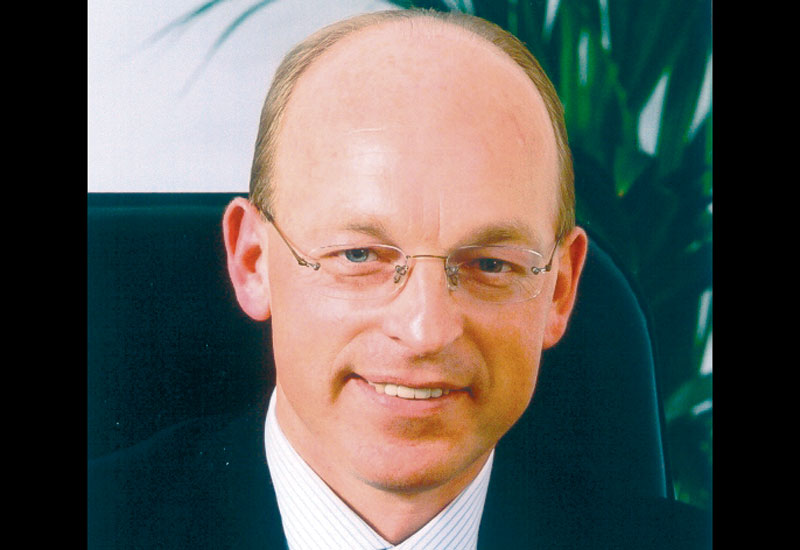“Dubai is positioning itself by re-offering its ‘Kids Go Free’ campaign this summer,” says Rob O’Hanlon, partner for Travel, Hospitality & Leisure (THL) at Deloitte in the Middle East. “DTCM, Emirates Airline and hotels and attractions have joined together in promoting Dubai by offering free flights, hotel stays, visas and other benefits for two children when they are accompanied by two adults.
“Dubai’s geographical positioning presents a significant opportunity this year with landmark events such as the FIFA World Cup in South Africa in June, the Commonwealth Games in Delhi in October and the Shanghai World Expo from May to October — many travellers are expected to use Dubai’s position as a leading connecting hub during their visit to these events.”
So, with a cautiously optimistic outlook for numbers, for many hoteliers the future is about the financials, and with this in mind, 2009 was a year for housekeeping in terms of businesses cutting costs.
“We have taken stock, restructured our business and consolidated,” says Marriott regional director of sales & marketing Jeff Strachan.
“It has been extremely difficult, particularly in areas such as conferences, banqueting and F&B, and hotels have ended up competing for different needs: occupancy or rate.
“Real analysis of the situation has been challenging as the market has changed completely in the past few years with the mid sector coming in with a new layer that will, by its very nature, bring down average rates — how much of the drop last year was caused by new supply and how much driven by economic circumstances remains to be seen.”
Starwood too has been focusing on cost reductions to keep margins in the black, and regional director and VP, Guido de Wilde, said that the priority now was to focus on growing the top line.

Advertisement
“The main consequence of the slowdown was the drop in rate, but Dubai still has the highest occupancy of any Starwood destination,” he says. “Overall, as a market, we see the trend for 2010 as stagnation or minimal growth with plus numbers starting in 2011.
“Generally, city hotels are down in Dubai, given the cut back on individual corporate travel and meetings, but the beach hotels have seen less effect on numbers — although one trend was for ‘bleasure’ where cheaper rates encouraged business travellers to stay in a different environment where they could still work, and the traffic was easier.”
In the city, Fairmont management too is cautiously optimistic, hoping for early revPAR gains in 2010 to be consolidated during the rest of the year: “We struggled in the early part of 2009, but changed strategies in sales and marketing and restructured the department to facilitate that change,” says general manager and regional VP, Philip M Barnes.
“Leisure business has held up relatively well year on year, but corporate travel has suffered...and incentive travel is still present but in smaller quantities and at significantly lower yields as the destination competes more globally,” he adds.
“The UAE and GCC overall continue to be our strongest feeder markets but as the destination has started competing more aggressively on pricing globally, we are seeing more price sensitive markets like China, for example.”
With lead time on bookings significantly shortened, Barnes says the crystal ball is hazy, but while generally confident, he stresses it would be new supply that would have the biggest effect in 2011.
On the beach
While the sands of Dubai still seem to retain their appeal, new inventory here may well inject more market segmentation as the Jumeirah Beach Residence area in the south welcomes Rotana, Mövenpick and Sofitel resorts, while The Palm Jumeirah takes shape with Rixos, Mövenpick, One&Only, Kempinski and Jumeirah resorts all set to debut during 2010, and Fairmont and Taj also have resorts under construction.
These neighbours for Atlantis The Palm will add to the overall marketing muscle of The Palm Jumeirah, said SVP sales, Brett Armitage: “As a maturing destination, we need more hotel offerings, and across Dubai there is a need for the full gamut of projects and packages, from the residence hotels through to the all inclusive resorts so we can reach in to more markets.”
Finishing 2009 with occupancy in the high 70s, Atlantis remained strong on leisure and has also reported positive group business from the last quarter, says Armitage, but he notes pressure on rates for the latter as more hotels compete for the existing traffic.
“What has changed in Dubai is that everyone wants groups now, even beach hotels that previously didn’t have the capacity,” he says.
On the positive side, Armitage says rates had stabilised at last year’s pricing, and while traffic was good out of Europe and Russia as predicted, targeted marketing had engendered success in the GCC and wider Middle East markets, and India came good too.









 Search our database of more than 2,700 industry companies
Search our database of more than 2,700 industry companies









